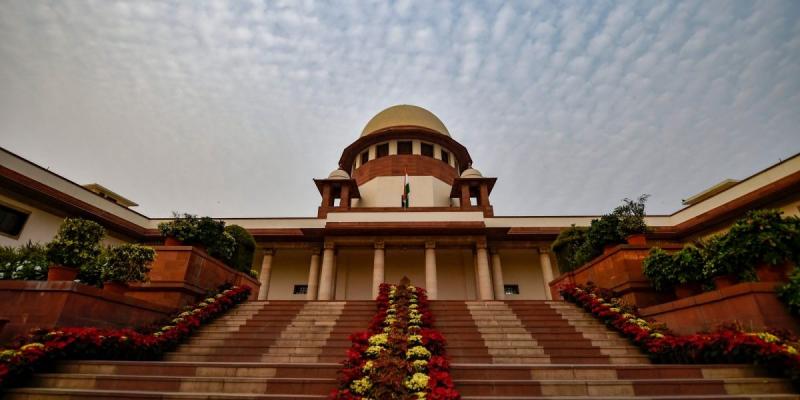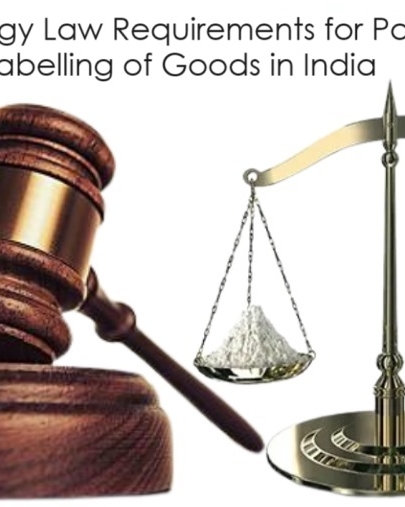The apex court has settled the issue on the effective date of the 2005 amendment, by laying no relevance on the date of birth of the daughter or alternatively the date of death of the father. So long as the daughter is alive post 2005, she has an equal right as a son in the coparcenary property
MoneyControl • Aug 12, 2020 11:22 AM IST, By Vandana Ramnani

The Supreme Court ruling that daughters have equal coparcenary rights in a Hindu Undivided Family (HUF) property even if the father died before the Hindu Succession (Amendment) Act, 2005, came into force is a ‘progressive step’, and settles the ambiguity surrounding the nature and extent of a daughter’s rights to inherit the property, legal experts told Moneycontrol.
The apex court’s verdict came on the issue whether the amendment to the Hindu Succession Act, 1956, granting equal rights to daughters to inherit ancestral property would have retrospective effect.
What this means is that whether with the passing of the Hindu Succession (Amendment) Act, 2005, a daughter of a coparcener shall by birth become a coparcener in her own right in the same manner as the son, or if she could be denied her share on the ground that she were born prior to the enactment of the Act on September 9, 2005, and, therefore, cannot be treated as coparcener.
A coparcener refers to a person who assumes a legal right in parental property by birth only.
“The Hon’ble Supreme Court has taken a progressive step towards equal rights as provided for under the Constitution,” said advocate Yudhist N. Singh, senior partner, YNS & Associates.
Date of daughter’s birth, death of father not relevant
The apex court has clearly settled the issue on the effective date of the 2005 amendment, by laying no relevance on the date of birth of the daughter or alternatively the date of death of the father, whether prior to the 2005 amendment or post. So long as the daughter is alive post 2005, she has an equal right as a son in the coparcenary property.
The matter of Vineeta Sharma v. Rakesh Sharma, decided by a three-judge bench of Justices Arun Mishra, S. Nazeer and M.R. Shah “is a truly progressive judgment on women’s rights”, said Payal Chawla, founder, JusContractus.
The reference to the three-judge bench was made in view of two conflicting judgments of the Supreme Court in the matter of Prakash v. Phulavati (2016) and Danamma @Suman Surpur v. Amar (2018). The Court in Vineeta Sharma has overruled Prakash v. Phulavati and partially upheld the Danamma judgment, she explained.
The judgment says if a daughter is born before September 9, 2005, she would become a coparcener, in her own right, in the same manner as sons i.e. with same with same rights and liabilities, provided there has been no parting/partition/or devolution before December 20, 2004.
“The reason is that a daughter is a coparcener, with effect from the date of amendment and she can claim partition in her own right by birth and ‘not by dint of inheritance’,” added Chawla.
Therefore, it is irrelevant that her father was alive or not on the cut-off date of September 9, 2005.
Clarifies that coparcenary is a birth right
The top court in its ruling conferred an equal status of coparcener on the daughter born before or after amendment to the Section 6 of the Hindu Succession Act, 1956, in the same manner as son.
“The daughter shall now have equal rights in the parental property even if father was not alive on 9.9.2005. It is a landmark judgment and I feel it is another big step towards gender equality and women empowerment,” said Sunil Tyagi of Zeus Law, a law firm.
It clarifies the ambiguity over the extent of a daughter’s rights in an HUF property.
“This judgment has settled the ambiguity surrounding the nature and extent of a daughter’s rights in a HUF property and thus settled a disputed question of law. This clarification was vital in setting aside the grip on previous decisions accorded coparcenary rights to daughters only if both father and daughter were alive as on September 9, 2005, when the amendment was notified,” said Sonam Chandwani, managing partner at KS Legal & Associates.
The judgement is a “welcome move” and clears all webs around a daughter’s rights and interests over an HUF property.
“While clarifying that coparcenary is a birth right, the verdict confirms that a daughter cannot be deprived of the right to equality granted to her under Section 6 of the Hindu Succession Act, 1956, even in case the father expires before the 2005 amendment. The ruling aids the society at large in moving towards a more sensible conclusion and breaks free from the deadlock of the dated patriarchal system,” said Rahul Arora, partner, Trilegal.
“Finally it’s crystallised the law with respect to rights of women as coparceners and removing the inequality under succession laws that had been prevalent historically. A huge number or cases all over the country were grappling with this issue and hopefully now things can proceed expeditiously,” said Vaibhav Gaggar, managing partner, Gaggar & Associates.
Can partitions before 2005 amendment be reopened by a daughter?
The ruling is important for various reasons. One it clearly sets to rest whether partitions which were undertaken prior to the 2005 amendment can be re-opened by the daughter.
“On this point the apex court has clearly stated that if a partition has taken place prior to 2005, such a partition cannot be re-opened, so long as the legal process has been followed of a documented partition deed and registration of the same,” said Bijal Ajinkya of Khaitan & Co.
“Obviously, this throws out of the window situations where sham partitions are shown as undertaken prior to 2005, so as to avoid having the daughters consent taken or allowing them any rights,” he said.
The judgement also states that in this context an oral partition is not a statutory recognised mode of partition and the same can be accepted only in exceptional cases if the same is backed by public documents or affected by a decree of a court.
“What this means is that if any party is relying on oral partition to beat the interest of daughters, the standard of proof required would be extremely high and would require the same to be proved through documents or a court decree,” said Chawla.
Often coparceners enter into a family arrangement or oral partition, and it may not be necessary to register such a partition. Any coparcener relying upon any family arrangement or oral partition must prove the same by leading proper documentary evidence, the order said.
“The Court has to keep in mind the possibility that a plea of oral partition may be set up, fraudulently or in collusion, or based on unregistered memorandum of partition which may also be created at any point of time. Such a partition is not recognized under Section 6(5),” the order noted.
Next challenge
An amendment to Section 15 of the Hindu Succession Act, 1956, is the need of the hour, say experts.
“I strongly believe that the time has come to make an amendment to Section 15 of the Hindu Succession Act, 1956, for changing the present scheme of succession to the effect in case a female dies intestate leaving her self-acquired property with no heirs then an equal right is given to her parental heirs along with her husband heirs to inherit her property,” said Tyagi.
One issue which is still open and is a matter of legal debate is “whether the lineal descendants of a daughter partake the same rights as the lineal descendants of a son”, added Ajinkya.
The Supreme Court order eliminates all challenges to the equal rights of women as coparceners in HUF assets except where the assets have been divided on or before the cut off date of December 20, 2004. “Many ancestors who did not believe in this equality and never imagined that law will change to this effect may turn in their grave. This is a good development for gender equality, but will certainly open a Pandora box and unimaginable contentious issues, more so as this is now retrospective as well as retroactive,” said Rajesh Narain Gupta, managing partner, SNG & Partners.






















